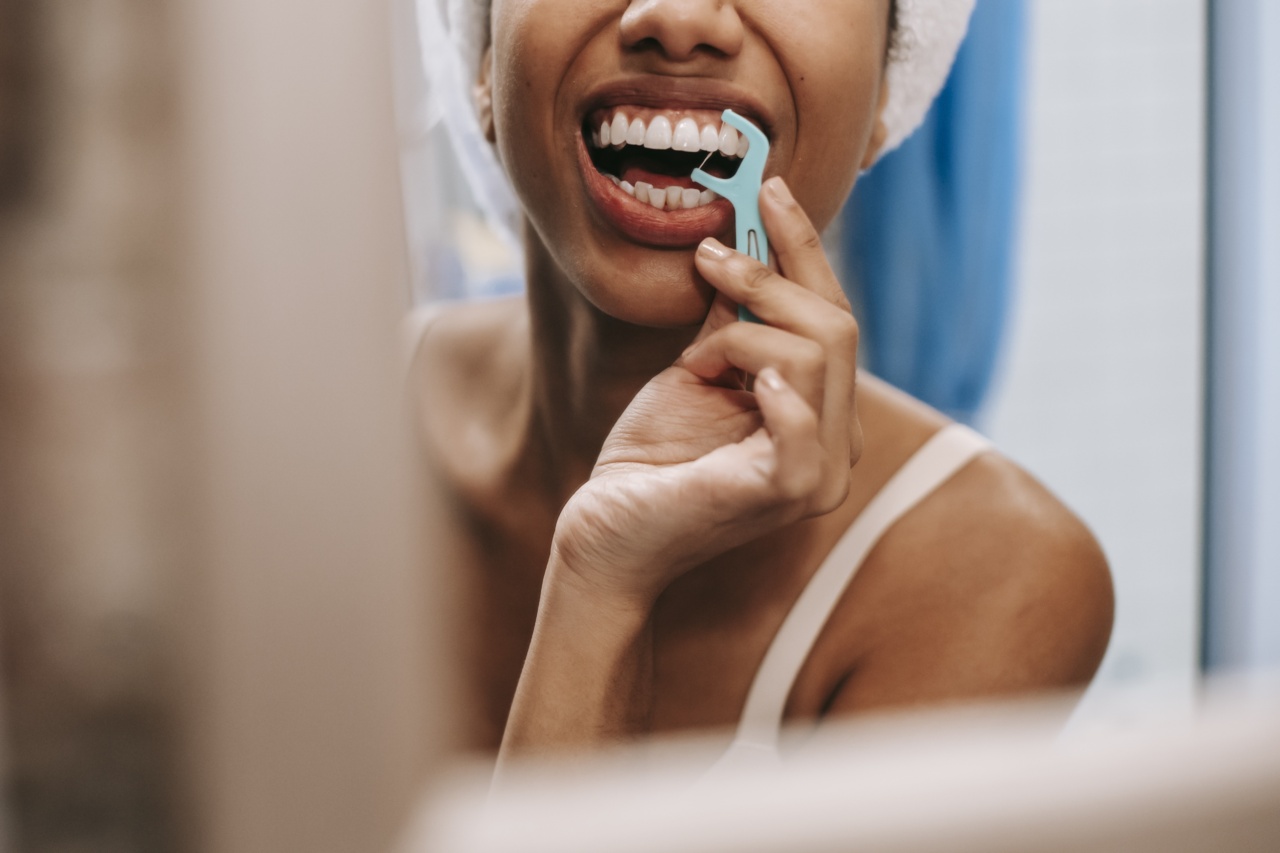Erectile dysfunction (ED) is a common condition that affects millions of men worldwide. It is characterized by the inability to achieve or maintain an erection sufficient for sexual intercourse.
While there are various factors that can contribute to the development of ED, one daily habit that may be increasing the risk is excessive alcohol consumption.
Alcohol and Erectile Dysfunction
Alcohol is a depressant that affects the central nervous system. When consumed in excessive amounts, it can lead to a number of health issues, including liver damage, heart problems, and erectile dysfunction.
Excessive alcohol consumption can impair the function of the blood vessels and nerves that are involved in the process of achieving an erection.
It can also decrease testosterone levels, which play a crucial role in maintaining sexual desire and performance.
The Effects of Alcohol on Sexual Function
When alcohol is consumed, it enters the bloodstream and affects the whole body, including the sexual organs. Here are some of the ways in which alcohol can impact sexual function:.
1. Reduced Blood Flow
Alcohol has a vasodilatory effect, meaning it widens the blood vessels. While this may initially create a feeling of relaxation and euphoria, it can also impede blood flow to the penis.
In order to achieve an erection, the penis needs to be engorged with blood. When blood flow is restricted, it can be difficult to achieve or maintain an erection.
2. Nerve Damage
Excessive alcohol consumption can lead to nerve damage, particularly in the peripheral nervous system. This can interfere with the signals that are sent from the brain to the penis, making it difficult to achieve or maintain an erection.
3. Hormonal Imbalance
Alcohol disrupts the balance of hormones in the body, including testosterone. Testosterone is a crucial hormone for sexual function, as it is responsible for maintaining sex drive and facilitating the processes involved in achieving an erection.
Excessive alcohol consumption can lead to decreased testosterone levels, which can contribute to the development of erectile dysfunction.
4. Performance Anxiety
While alcohol can initially lower inhibitions and decrease feelings of anxiety, excessive consumption can actually increase performance anxiety.
This is because alcohol impairs judgment and decision-making abilities, which can result in self-consciousness and a lack of confidence during sexual encounters.
5. Psychological Factors
Excessive alcohol consumption can also contribute to the development of psychological factors that can contribute to erectile dysfunction. These can include increased stress, relationship issues, and low self-esteem.
Seeking Treatment for Alcohol-Related Erectile Dysfunction
If you suspect that your excessive alcohol consumption may be contributing to your erectile dysfunction, it is important to seek help.
There are several treatment options available that can help address both the alcohol dependency and the erectile dysfunction.
1. Cut Back on Alcohol: The first step in addressing alcohol-related erectile dysfunction is to reduce alcohol consumption.
If you find it difficult to control your drinking, seeking support from a healthcare professional or support groups can be beneficial.
2. Medical Interventions: In some cases, medication may be prescribed to help with erectile dysfunction. These medications work by increasing blood flow to the penis, making it easier to achieve and maintain an erection.
It is important to consult with a healthcare professional before starting any medication.
3. Therapy or Counseling: Addressing the psychological factors that may be contributing to erectile dysfunction can be crucial.
Therapy or counseling can help individuals identify and address any emotional or psychological issues that are affecting their sexual function.
Preventing Alcohol-Related Erectile Dysfunction
Prevention is always better than treatment when it comes to erectile dysfunction. Here are some tips to reduce the risk of alcohol-related erectile dysfunction:.
1. Moderate Alcohol Consumption
Stick to moderate alcohol consumption guidelines. The Centers for Disease Control and Prevention (CDC) defines moderate drinking as up to one drink per day for women and up to two drinks per day for men.
2. Engage in Regular Physical Activity
Regular exercise can improve blood flow and overall cardiovascular health, reducing the risk of erectile dysfunction. Aim for at least 30 minutes of moderate exercise most days of the week.
3. Maintain a Healthy Diet
A well-balanced diet that is rich in fruits, vegetables, whole grains, lean proteins, and healthy fats can promote overall health and sexual function.
4. Manage Stress
Stress can contribute to erectile dysfunction. Finding healthy ways to manage stress, such as practicing relaxation techniques or seeking support from loved ones, can be beneficial.
Conclusion
Excessive alcohol consumption is a habit that may increase the risk of erectile dysfunction.
By understanding the effects of alcohol on sexual function and taking steps to reduce alcohol consumption, individuals can decrease their risk and improve their overall sexual health. Seeking support from healthcare professionals or support groups can provide guidance and assistance in addressing both alcohol dependency and erectile dysfunction.






























